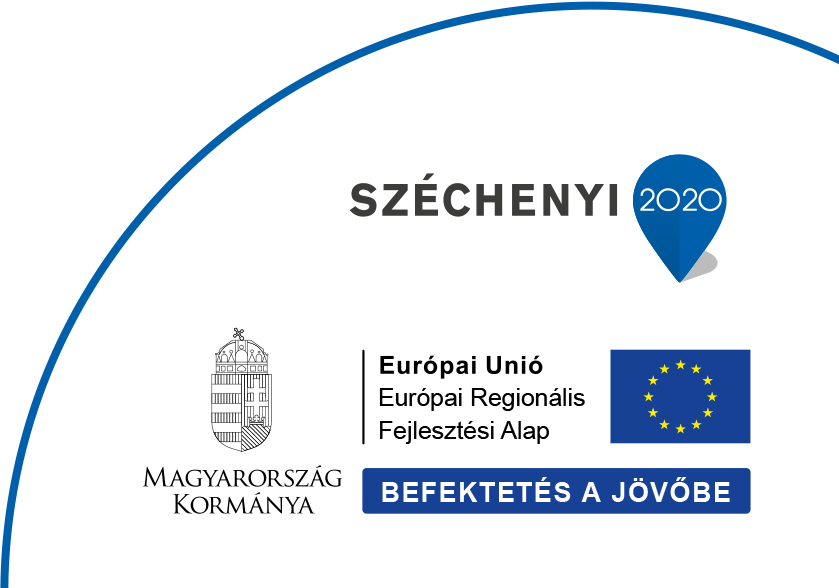
Head of Department
Dr. Róbert Horváth
Tel: +(36-1)-392 2696
E-mail: horvath.robert@ek-cer.hu
The Nanobiosensorics “Lendület” Group (www.nanobiosensorics.com) started its activity in July, 2012. The research profile is the development and application of label-free optical biosensors, the mathematical modeling of the relevant biological and biophysical processes.
The group made important steps both in the development of the research infrastructure and both in creating personal and collaborative network. The group had a successful collaboration with the Swiss startup, Creoptix AG on high resolution label-free optical sensing. Our closest collaboration partners are scientists from various Hungarian universities. We have established a cell culture laboratory, making possible to launch a new and promising research line, the “label-free biosensorics of living cells”. The group focuses on the following main research topics; ranging form the kinetics of cellular adhesion, migration and signalling on novel biomimetic interfaces to the mathematical modelling of the measured biological signals.
Label-free biosensors and techniques. Our research is centered around different biosensing technologies; development and application of optical biosensors and fluidic techniques, plate-based methods and visualization. By combining some of the most powerful optical and mechanical methods we are capable of manipulating and sensing single cells, as well as populations with an exceptional accuracy.
Biosensor coatings and characterization. Our laboratory has much experience in the production of polymers to influence cellular adhesion, for example dextran, PLL-g-PEG polymer and nanoparticle coatings on biosensor surfaces. We apply flagellin based biomimetic coatings as well to alter the adhesivity of the cells. Considering cancer cell adhesion and spreading the group first established a methodology to determine the integrin receptor-RGD ligand affinity constant in living cells without applying any labelling.
Single cell analysis and manipulation. Single cell analysis is a new trend that makes it possible to discover mechanisms not seen when studying a bulk population of cells. Our label-free techniques are capable of measuring single cell adhesion force and other properties, and deposit single cells as well.
Compounds and stimuli. Label-free biosensors are capable of monitoring cellular responses to different compounds and stimuli. We have experience in for example B cell stimulation, gold nanoparticles and natural compound (green tea polyphenol, epigallocatechin-gallate) treatment of mammalian cells monitored by label-free techniques. The role of cellular glycocalyx in adhesion is also investigated by high resolution label-free methods.
Analytical and numerical modelling of biosensor data. Interpretation and modelling of the measured kinetic data is essential to understand the biological phenomena. Our team employs home developed softwares to model biophysical processes (NBS tools).
Our results can find further applications in basic biological and biophysical research, biotechnology and medical diagnostics.
The website of the department: nanobisoensorics.com
The colleagues of the Department:
Dr. Róbert Horváth – Senior Research Fellow, Head of department
Dr. Inna Székács, Senior Research Fellow,
Dr. Sándor Kurunczi, Senior Research Fellow,
Dr. Beatrix Péter, Research Fellow
Dr. András Saftics, Research Fellow (currently in USA in postdoc position)
Dr. Zoltán Szittner, Research Fellow
Dr. Boglárka Kovács, Research Fellow (on maternity leave)
Dr. Rita Ungai-Salánki, Research Fellow (currently on ELTE in postdoc position)
Dr. Enikő Farkas, Junior Research Fellow
Tamás Gerecsei, PhD student
Ágoston Gábor Nagy, PhD student
Kinga Dóra Kovács, PhD student
Nicolett Kanyó, FIKU
Alexandra Vörös, FIKU
Milán Sztilkovics, MSc student
Péter Chrenkó, MSc student
Róbert Tarr, MSc student
Norbert Pap, MSc student
Beatrix Magyaródi, MSc student
Barbara Majoros, MSc student
Bence Joó, MSc student
Fatime Gajnut, MSc student
Kinga Tóth, MSc student
